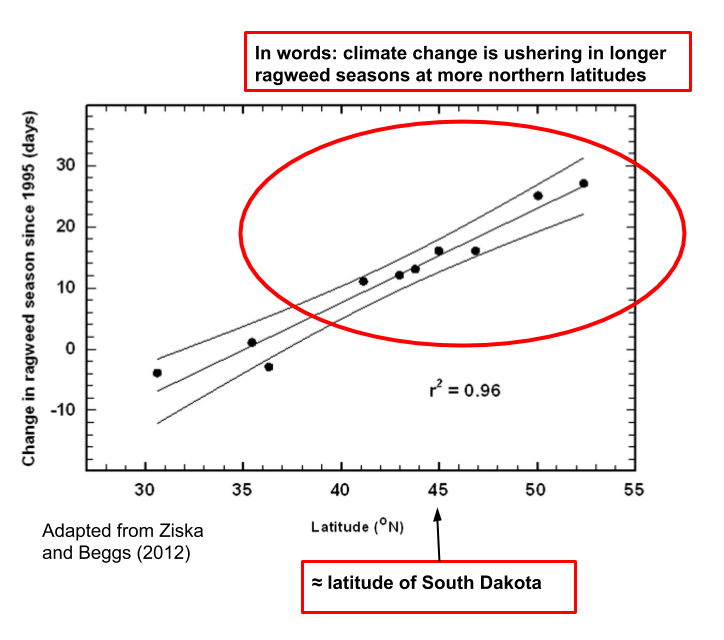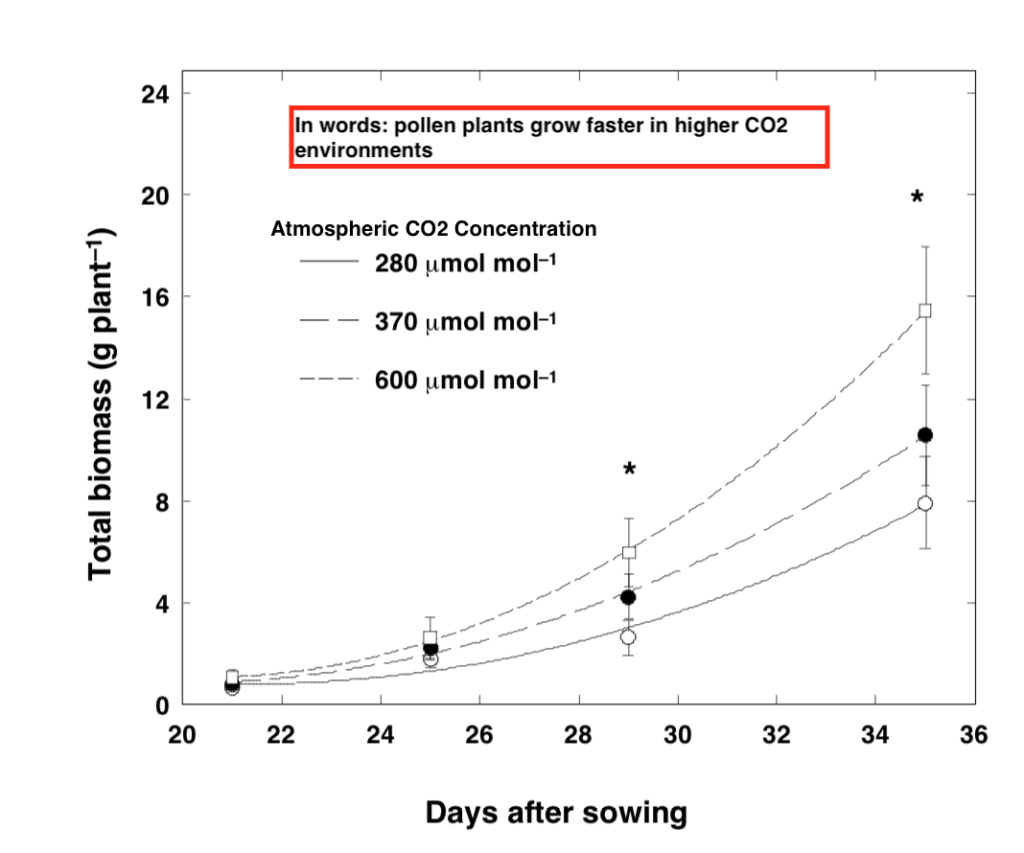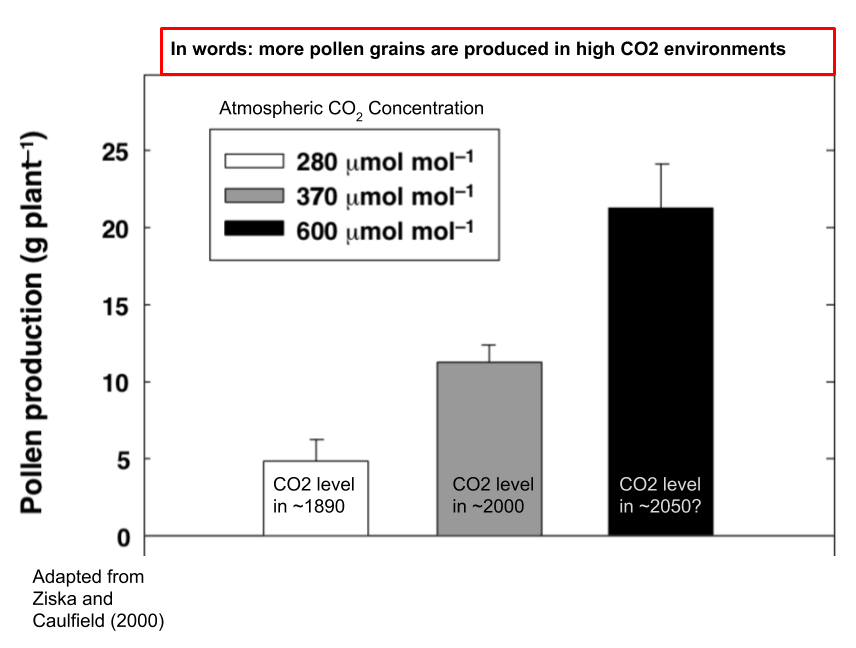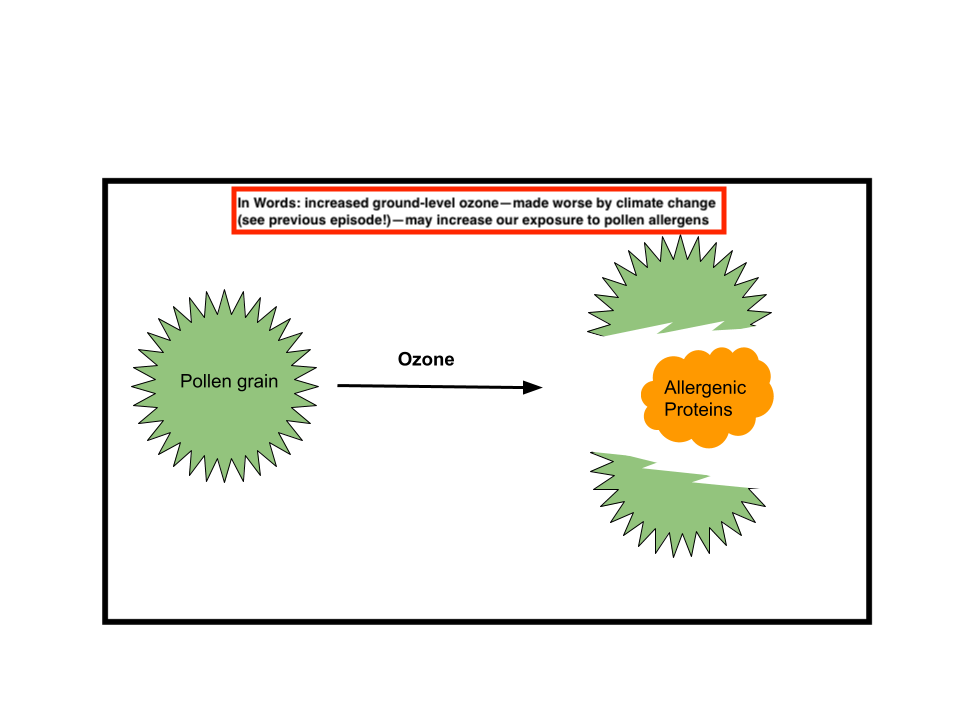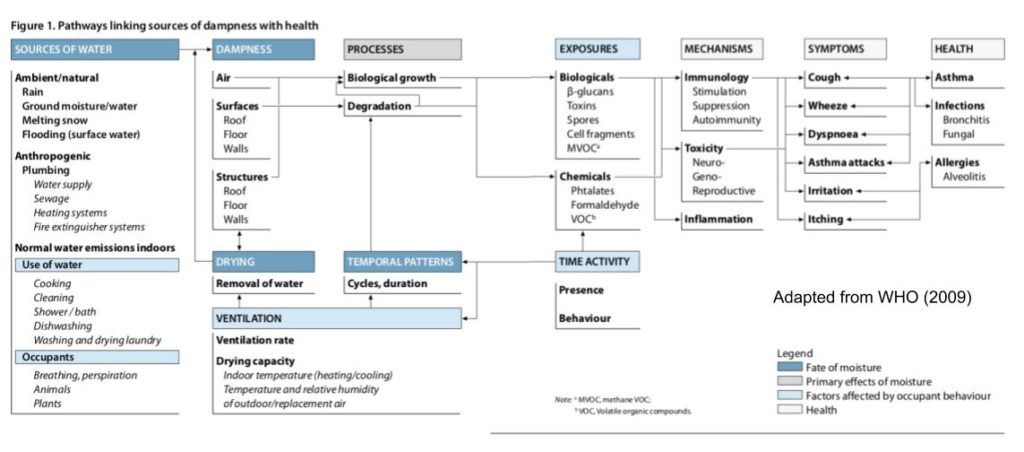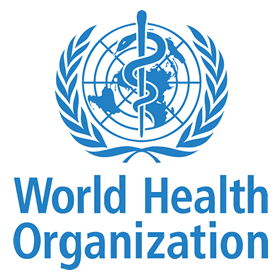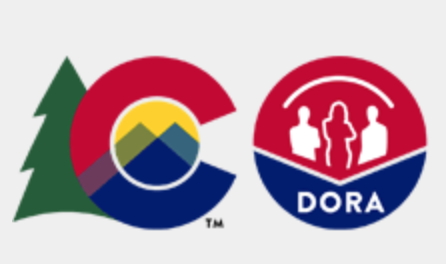The podcast of the University of Colorado Consortium for Climate Change and Health
Episode 5: Climate Change and Air Quality, Part 2
Jake and Cam continue their conversation with Dr. Jim Crooks and discuss aeroallergens, indoor air quality, and how listeners can move the needle on climate change.
Biography:
Dr. James Crooks is an environmental epidemiologist, statistician, and associate professor at National Jewish Health, a respiratory research hospital in Denver, where he holds the rank of associate professor. Dr. Crooks earned his Ph.D. and M.S. from the University of North Carolina at Chapel Hill in 2005 and 2006 and completed a 2 year post-doctoral fellowship at Duke University. Afterwards, he fulfilled a seven year stint as a scientist at the U.S. Environmental Protection Agency Office of Research and Development. He then moved to National Jewish Health in 2015, and there has built a research program in air pollution health effects with a focus on climate-sensitive extreme events such as wildfires and dust storms. He has authored 30 peer-reviewed publications, advised the U.S. embassy in Sarajevo on air quality in Bosnia and Hercegovina, and served on two EPA air pollution science review panels. He currently co-directs the Program on Environmental Epigenetics at National Jewish Health and leads the Respiratory Disease and Air Pollution working group of the University of Colorado Consortium for Climate Change and Health, and works as a clinical assistant at the Colorado School of Public Health. Most importantly, he is a husband and father of two middle school aged boys.
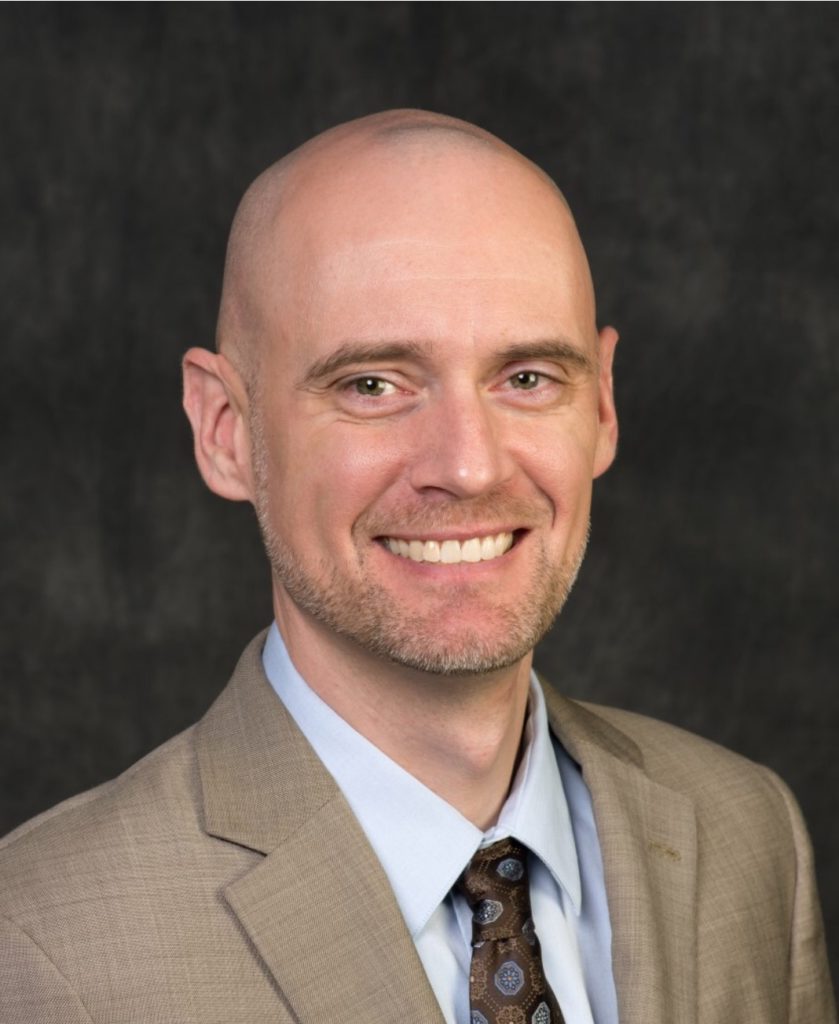
Episode Highlights:
To start our second and final installment in our climate change and air quality episode, Dr. Crooks teaches us a few things about pollen, and why climate change might make our allergy season a whole lot worse.
Next, Dr. Crooks explains one way in which climate change can affect indoor air quality. Flooding from extreme rainfall events (which may become more frequent as climate change progresses) can inundate our homes with water. Unless they are promptly dried, water-soaked indoor spaces act as breeding grounds for allergenic molds. These molds are stubborn and tough to get rid of, and can cause severe allergic symptoms and respiratory illness.
For a deeper dive, take a look at the figure from the World Health Organization below:
In the final few minutes of the podcast, Dr. Crooks gives us some ideas on how we can influence air quality in our own communities.
Individual and Local-Level Actions:
-
walk, ride your bike, take public transportation, drive an electric car. Reducing pollution from energy production and energy-intensive transportation is good for our health now.
-
eat meat in moderation, consume a plant-based diet.
-
talk to your friends, your family, your neighbors, and even random people on the bus about climate change. We need widespread action on climate change, but we cannot do so until it is on everyone’s radar.
-
talk to scientists!
State-Level Actions:
-
provide your input during rule making by the Public Utility Commission (PUC). An e-form to submit public comments is available here, and more information about the PUC is linked here and in the shownotes.
-
engage with your elected officials in the state legislature. Advocate for and testify on behalf of bills that affect air quality in Colorado. The legislative session occurs in the first half of each year, but you can search for state bills anytime at this link here.
National-Level Actions:
-
make your voice heard during Environmental Protection Agency public comment periods. You can search for dockets open for public comment at this link here, or at the link in the show notes. Remember, writing your own letter is more powerful than submitting a form letter… but submitting a form letter is more powerful than doing nothing. (As an aside, EPA regulations actually work! Do you stay up at night worrying about airborne lead? Didn’t think so.)
-
get involved with a climate change and/or air quality advocacy organization and influence policy in Washington. If you are interested in learning more about these groups, check out the U.S. Climate Action Network’s lengthy list of member organizations here.
To close, we asked Dr. Crooks what gives him hope and purpose, and he left us with this:
I have two kids, and they are eleven and thirteen. They are hopefully going to be living into the 2080s. I want them to be able to look back and say 'my dad did everything he could to make sure that the world we have is one worth living in.'
Shownotes
background readings and resources for the interested listener:


